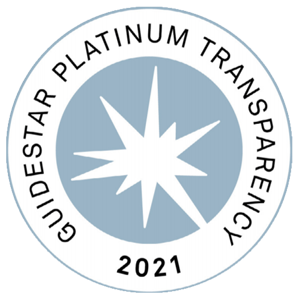FINANCIALS AND REPORTS
Our commitment to conservation impact and responsible stewardship of our donors’ generosity informs every aspect of our governance. We identify and develop critical conservation projects that establish protected areas across the tropics to safeguard these precious vaults of biodiversity. Our donors, private individuals, businesses and foundations, generously provide the funding that makes these projects possible.
Working with local conservation partners on the ground, the creation or expansion of protected areas can take anywhere from one to, with larger and more complex projects, five years or more. While this work progresses, Rainforest Trust holds these project-restricted funds in trust, disbursing them to our local partners as benchmarks are met and additional funds are required for the next phase.
In 2016, Rainforest Trust launched the SAVES Challenge, a $50 million matching grant from a committed friend and conservationist to mobilize support and increase the speed and impact of our work. The result will be $100 million invested in creating protected areas globally. Over the course of the past four years we have worked to identify the most impactful projects and raise the funds needed to meet the 1:1 match requirement. In 2018, the SAVES donor, pleased with our progress on fundraising and conservation during the first two years of the grant, transferred the balance of the challenge grant to us. 100% of these funds, and 100% of the matching funds provided by our thousands of other donors, are restricted for use only on SAVES Challenge projects.
Rainforest Trust spends 94% of the funds we receive from donors on our direct conservation work protecting rainforests and benefiting endangered species, neighboring communities, and the planet, among the highest percentage of any major conservation NGO, according to Charity Navigator. Thanks to the generous support of our Board members and other supporters who cover all of our operating expenses, Rainforest Trust is able to allocate 100% of donations to conservation action. No board member receives financial benefit and our staff salaries are modest.
Newsletters
Spring 2021 | Winter 2020 | Spring 2020 | Summer 2020 | Spring 2020 | Winter 2019 | Summer 2019 | Winter 2018 | Fall 2018 | Summer 2018 | Winter 2017 | Fall 2017 | Summer 2017 | Fall 2016 | Winter 2016
Audited Financials
(Header photo by: Vitormarigo)





